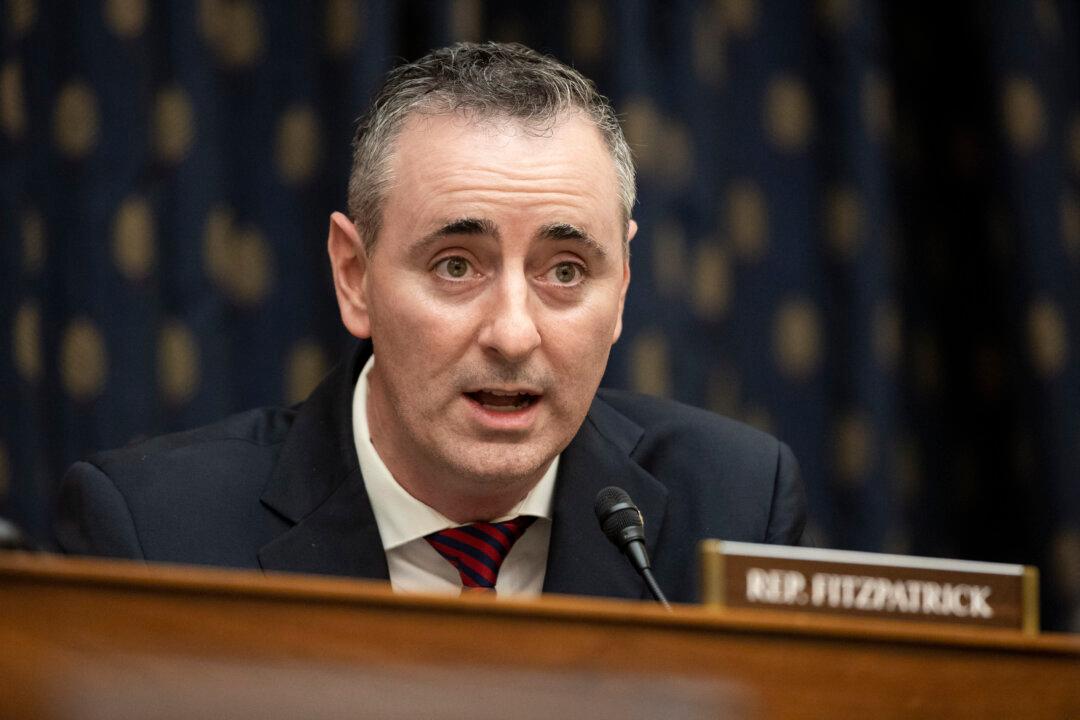Members of the Problem Solvers Caucus (PSC) in the House, a bipartisan group of moderates, have long opposed linking the Senate-passed infrastructure bill with the Democratic $3.5 trillion budget. Now, as the time for a vote on these bills is only days away, these moderates are keeping up that pressure.
A Democratic coalition of nine PSC members made headlines in August after they publicly released a letter to Speaker of the House Nancy Pelosi (D-Calif.) warning her against bundling the two bills and encouraging swift passage of the infrastructure bill by the House.





